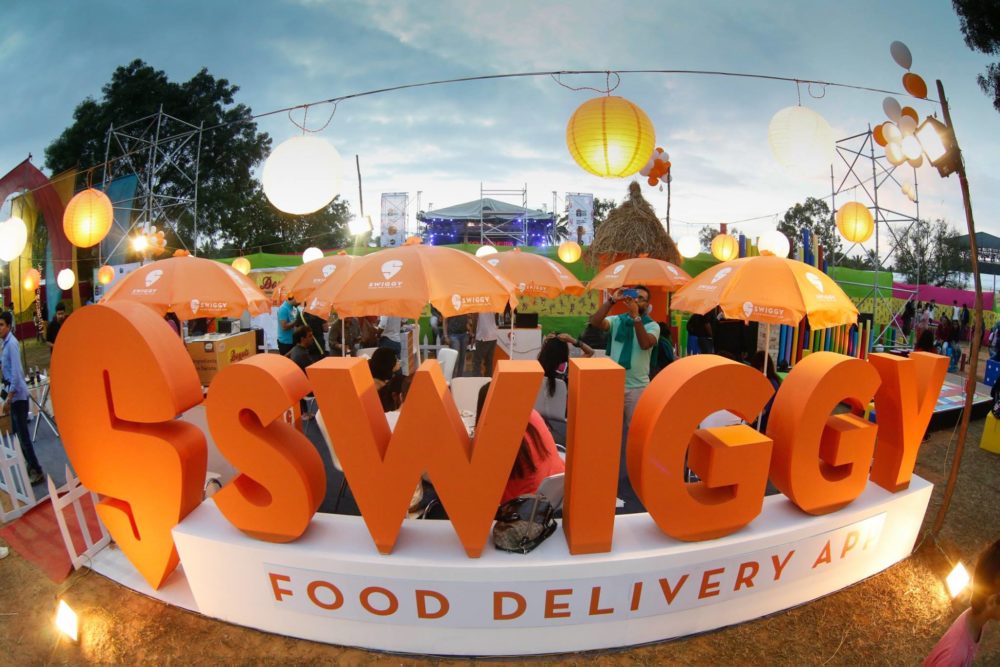India’s Swiggy has raised $43 million in fresh funding from existing and new investors, meaning that its ongoing Series I round has raked in $156 million for the restaurant delivery app so far.
Swiggy confirmed to AFN that Chinese tech giant Tencent – which first invested in Swiggy as part of its 2018 Series H round – put up some of the capital, while a constellation of South Korean firms backed the on-demand meals app for the first time.
These new investors include Samsung Ventures – a VC arm of the Seoul-based tech conglomerate – as well as Ark Impact, Korea Investment Partners, and Mirae Asset Capital Markets.
The startup said it had already secured $113 million since it opened the Series I in February, with return investor Prosus leading the round and Chinese food delivery giant Meituan Dianping – itself a Tencent investee – participating alongside US firm Wellington Management. The company is estimated to be valued at $3.6 billion, post-money.
Swiggy chief financial officer Rahul Bothra said in an email to AFN that the company has built a “sustainable” food-delivery business by “solving various customer pain points.”
“As we continue to strengthen and expand our services […] we are humbled by the faith shown by our investors year-on-year and welcome the new investors on board. Our focus remains to execute on our vision while building a sustainable path to profitability,” he added.
Swiggy’s Series H round in late 2018, which raised $1 billion, was led by South African internet company Naspers, which owns Prosus and is also a majority shareholder of Tencent.
While Tencent, Meituan, and Naspers have invested in Bengaluru-based Swiggy, the rival Alibaba-aligned camp has backed its key competitor Zomato.
The Gurgaon-based food delivery app raised $150 million from Alibaba affiliate Ant Financial in January, and has secured a further $5 million from UK investor Baillie Gifford since then. It also counts global food delivery giant Delivery Hero, Xiaomi affiliate Shunwei Capital, and Singapore sovereign fund Temasek among its previous investors.
Zomato acquired Uber’s Indian food delivery business in January for $206 million.
Swiggy and Zomato have faced both challenges and opportunities amid India’s Covid-19 lockdown. In some states, they and other meal delivery apps were initially told to completely shutter their services. In other parts of the country, local government guidelines required them to operate with time restrictions or only in designated areas.
The two archrivals have seen orders drop by as much as 70% since the lockdown came into effect in mid-March. Third-party partnerships that leverage their driver corps – such as a tie-up with consumer goods giant Marico – are one channel through which the meal food delivery firms are hoping to shore up business.





